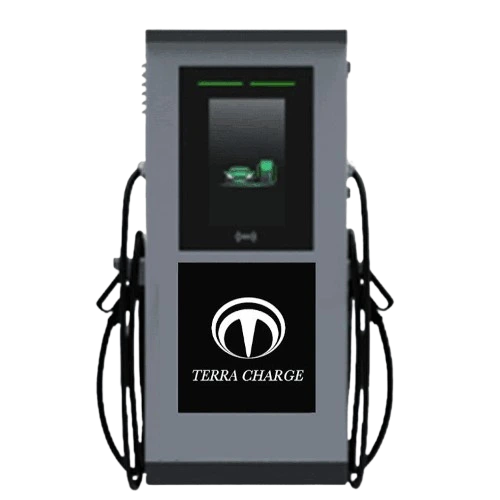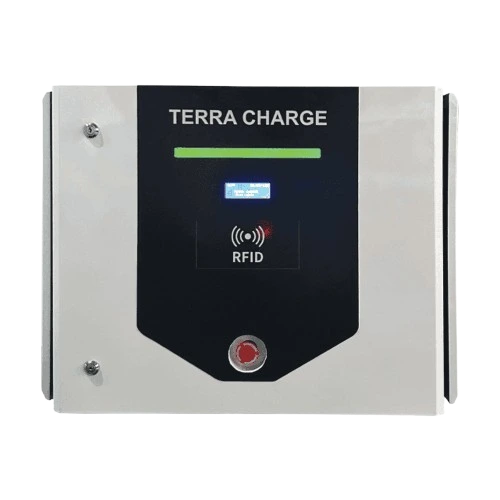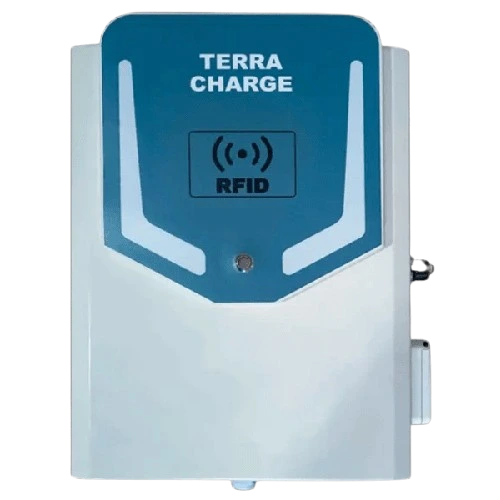The adoption of electric vehicles (EVs) has been on the rise in recent years, and as a result, businesses are under increasing pressure to adopt more sustainable and environmentally friendly fleet solutions. Installing EV charging stations at the workplace has become an essential part of this transition, and it can provide businesses with several benefits.
One of the significant advantages of installing charging stations is that it helps build a positive image of the business. By supporting sustainable living, businesses can be perceived as being environmentally responsible, which can lead to increased goodwill among customers, employees, and stakeholders. Additionally, having EV charging stations at the workplace demonstrates a commitment to sustainable practices and can help differentiate a business from its competitors.
Moreover, installing EV charging stations can help locate the business. There are several applications available that list EV charging stations to assist EV owners in locating them. When a business installs an EV charging station, it can be listed on these apps and websites, which can increase its visibility to EV owners in the area. This, in turn, can lead to increased foot traffic and sales at the business.
Installing charging stations can also help to retain and attract new staff. Today, young people are actively looking to work for companies that prioritize sustainability, and having EV charging stations can be a significant factor in their decision-making process. Additionally, employees who own EVs will appreciate the convenience of being able to charge their vehicles at work, which can improve job satisfaction and reduce the stress of finding public charging stations.
When considering investing in EV charging stations, businesses need to evaluate the different types of chargers available. Type 1 chargers are a cheap and easy option but can take up to 24 hours to charge an EV fully. Type 2 chargers are the most popular option for businesses as they can supply twice as much voltage as Type 1 chargers, resulting in a faster charge. Type 3 chargers, also known as DC Fast Chargers, are the fastest charging stations available but are expensive. However, as more and more consumers adopt EVs, these chargers are likely to become more accessible.
In conclusion, installing EV charging stations at the workplace is becoming a valuable asset for businesses looking to provide better services, improve their image, and attract and retain staff. While the initial investment may be high, the long-term benefits can be significant, and it can help position businesses for success in the growing EV market.












